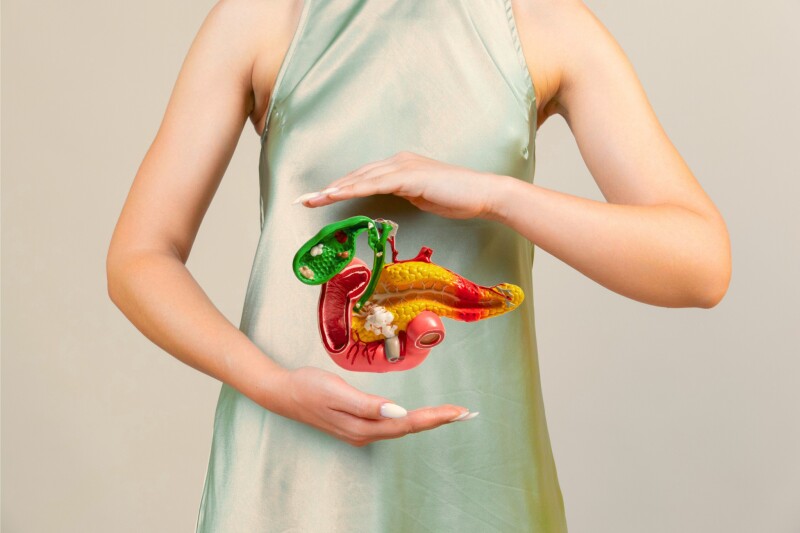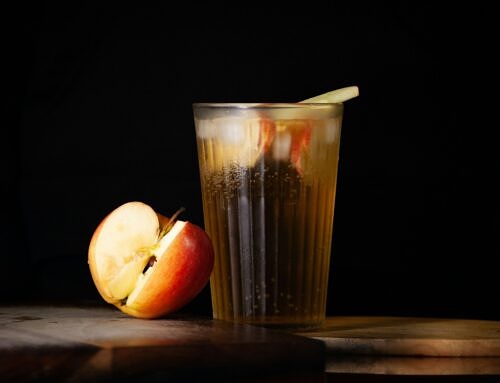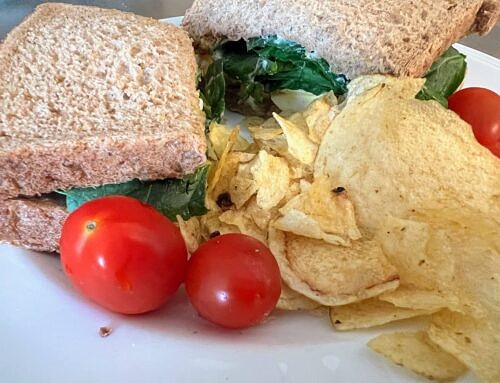
The Pancreas and Pancreatitis
The pancreas is a small gland located behind the stomach that is important for digestion. It produces digestive enzymes and the hormones that help manage blood sugar, such as insulin and glucagon.
Pancreatitis is the inflammation of the pancreas. It may be short-term (acute) or long-term (chronic) where the pancreas has been permanently damaged.
The possible causes of pancreatitis include:
- Gallstones
- Hypertriglyceridemia (high levels of triglycerides – fats – in the blood)
- Diabetes
- Obesity interventions, such as bariatric surgery and gastric balloons
- Excessive alcohol consumption
Symptoms of pancreatitis include:
- Sudden, severe pain in the centre of your abdomen
- Nausea or vomiting
- Fever
Gallstones
While the causes of pancreatitis are increased by obesity, rapidly losing weight can also increase your risk due to gallstone formation. The risk appears to be greater for women.
Gallstones are hardened deposits of cholesterol and bile. They can form over years and may not cause any symptoms, but may cause pain and complications if they block the gallbladder or pancreatic ducts. When we lose weight, the cholesterol that is stored in the body fat is released into the bloodstream. The liver adds this extra cholesterol to the bile in order to remove it from the body. The quicker we lose weight, the more quickly these deposits are made, increasing the risk of gallstones forming.
In case you were wondering, the body fat that is broken down is converted to carbon and lost as carbon dioxide and water during breathing, urination and sweating.
Rapid weight loss is considered to be the loss of 3lbs (1360g) or more in weight per week.
Gallbladder Emptying
When we eat fat, the hormone known as CCK is released telling the gallbladder to contract and release the bile. However, if an individual avoids fat in their diet, this signalling doesn’t happen and the gallbladder does not empty fully, or empties less often. This means there isn’t as much bile being released and the gallbladder muscle tone may reduce due to lack of use further preventing it properly functioning. It is therefore important to ensure some fat remains in your diet even when losing weight, to support the gallbladder function.
The gallbladder may also not fully empty as the extra cholesterol gives the bile a thicker consistency making it harder to release. This is known as sludge.
Skipping meals can have a similar effect. Since the gallbladder releases stored bile during digestion, missing meals means less CCK is released and the gallbladder isn’t properly emptied. It is therefore important to eat regular meals each day to support this function.
Weight Cycling
Often at the end of a diet or period of rapid weight loss, individuals regain their weight. They then wish to lose it again and end up in a cycle – the weight cycle. This cycle, especially if it happens quickly, can further increase the risk of gallstones and pancreatitis.
To reduce your risk of weight cycling it is important to address the factors that contributed to your additional weight in the first place, and build habits that take these into account. These habits could include diet, physical activity, lifestyle changes, mental health support, or appropriate medical interventions for underlying health conditions. Focusing simply on numbers may not support your long-term goals.



